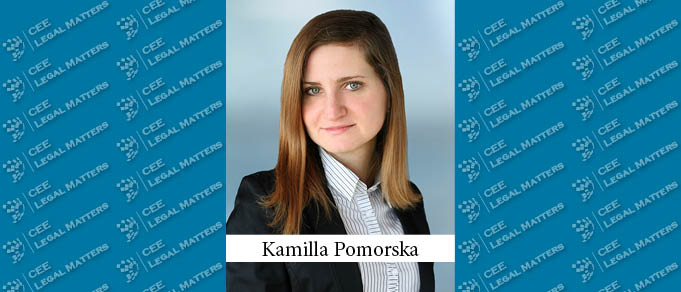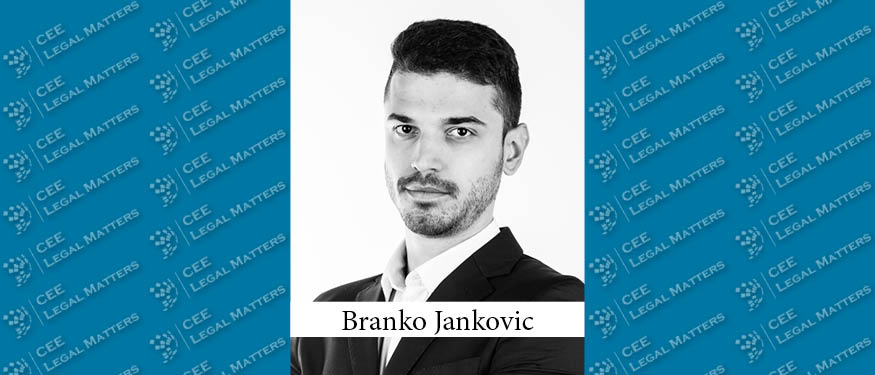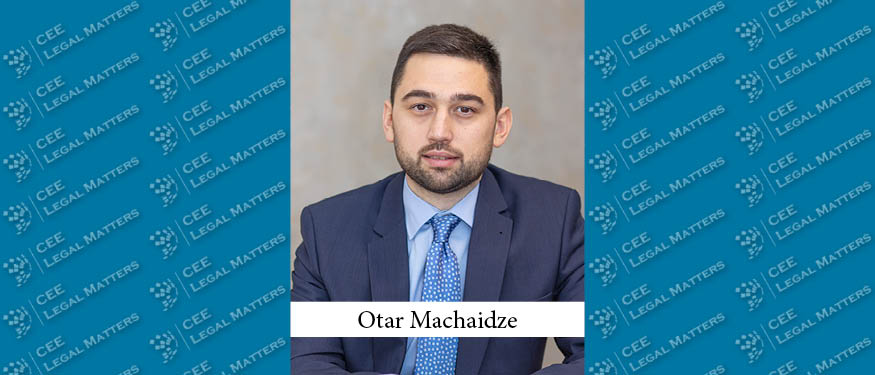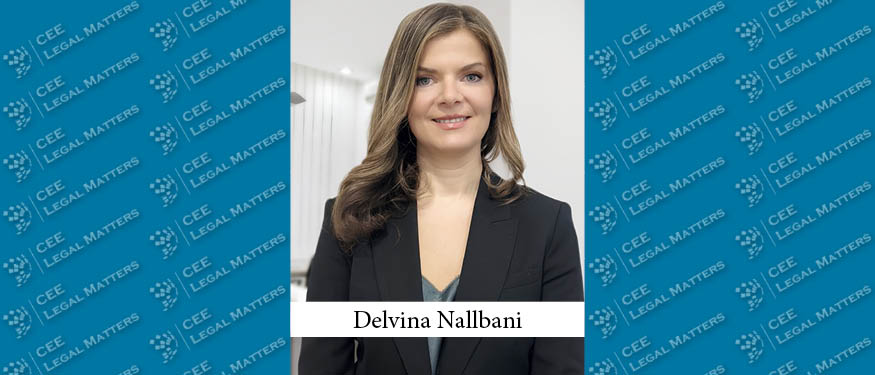The European Commission has issued a decision finding that Daimler, BMW, Volkswagen, Audi and Porsche colluded in an agreement to infringe EU competition rules and fining them a total of €875 million.
According to the Commission's findings, the companies in question, which have the technology to reduce harmful emissions, agreed not to compete on exploiting the full potential of this technology, which would lead to emissions falling further than legally required. Thus, the participants in the cartel identified by the Commission eliminated the possibility that any of them could have gained a competitive advantage by applying better technology. The collusive practice in the field of nitrogen oxide cleaning is of environmental and ecological significance and, the Commission argues, undermined the objectives of the Green Deal, of which innovation is one of the pillars.
According to the European Commission's announcement, the car manufactures held regular technical meetings over a five-year period to discuss the development of the selective catalytic reduction (SCR)-technology, which eliminates harmful nitrogen oxides (NOx)-emissions from diesel passenger cars through injecting of urea ("AdBlue") into the exhaust gas stream and exchanged commercially sensitive information.
The Commission's decision is precedential because it is the first time that a cartel based solely on the restriction of technical development (Article 101(1)(b) TFEU) has been found to be an illegal practice. Until now, "typical" collusive agreements on price fixing, market sharing or customer allocation have been considered as cartels. This was reflected in the level of fines, which the Commission reduced in this case given that it is the first decision of its kind. The decision is also another example of using the leniency notice (Dailmer, who reported the case to the Commission, avoided a fine, while the Volkswagen Group benefited from a fine reduction). In addition, the participants in the cartel reached a cartel settlement with the Commission, as a result of which they received an additional 10% reduction of the fine.
The decision is potentially very important for national competition authorities, which, following the example of the Commission, may take a particular interest in cases concerning the limitation of technical development. At the same time, the Commission's decision provides important guidance for any sector of the economy where innovation and technical or technological development play an important role and where cooperation between entrepreneurs is often a prerequisite for such development. The decision shows where the cooperation ends and competition law infringements begin. As Commission Vice President in charge of competition policy Margrethe Vestager underlined: "decision is about how legitimate technical cooperation went wrong".
By Kamilla Pomorska, Senior Associate, DWF Poland
















